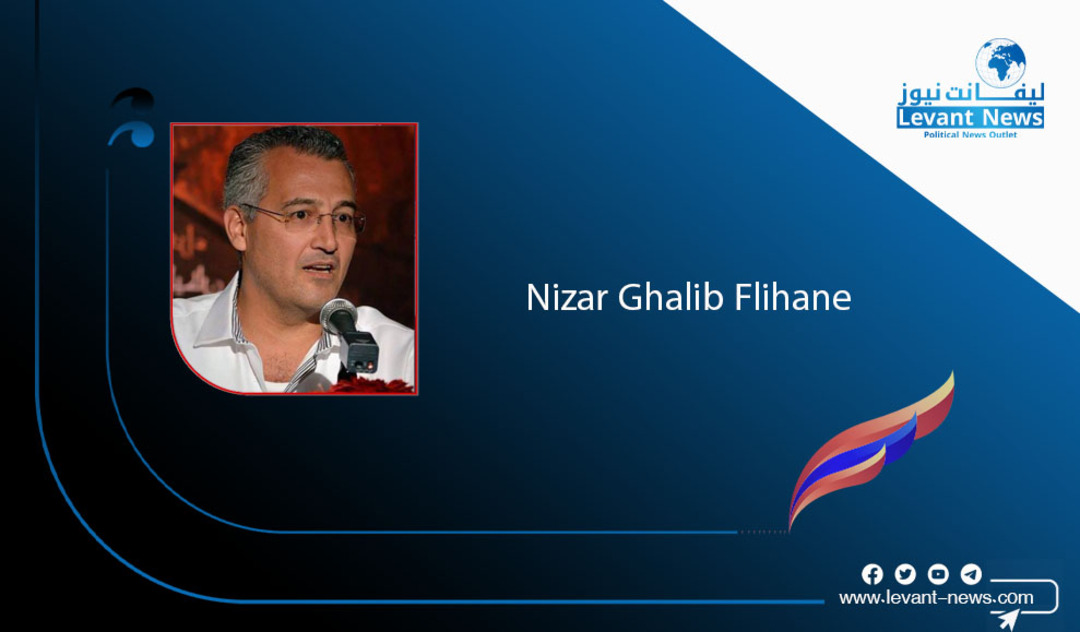-
Syria Between the Hammer of Darkness and the Anvil of Partition

Since Hay’at Tahrir al-Sham took control of Syria’s de facto authority and reins of power from the Assad regime through an international arrangement agreed upon by regional and global leaders, not a single day has passed without the Syrian people experiencing existential anxietyan anguish they have never known since the Sykes-Picot Agreement created the new Syria a hundred years ago.
This anxiety persists because the entity has not presented itself as a state project, even if described as transitional—neither in rhetoric nor in practice. Instead, it has been exercising dominance over all state institutions, dismantling many of them and replacing qualified personnel with unqualified elements based on sectarian, racial, and regional criteria, reflecting its intent to marginalize all former regime figures and occupy all state infrastructure.
The entity’s overreach did not stop there; it imposed new components within the state—non-Syrian, non-Arab fighters from its factions—granting them Syrian citizenship irresponsibly, aiming to build a ruling structure disconnected from the Syrian people.
Perhaps the most heinous of its follies were the bloody massacres committed in Alawite regions in March 2025 and in Druze areas in July of the same year. These atrocities followed sectarian hatred speeches orchestrated and overseen by its propaganda outletsboth official and unofficial—and through accounts on social media channels working for its interests. This incited unrest among its supporters, who responded to its mobilization from various Syrian provinces, driven by blind hatred, sectarian polarization, Takfiri ideology, and aggressive instincts rooted in ignorance and deep backwardness. A clear divide emerged between cultures that had failed to integrate or coexist. What we once saw as Syrian strength has, unfortunately, turned into a source of weakness, as became evident.
Everyone well knows that Syria has historically been a country under constant conflict; no opportunity, however favorable, remains unexploited by those seeking to seize and further fragment it.
Now, at this critical moment in Syria’s history, the fragility of Syrian unity and the falsehood of their supposed harmony have been exposed. The myth of brotherhood exists only as superficial slogans and values that are upheld solely through repression. All Syrian components have lived under the same oppressive, unjust, and exclusionary conditions; it was dictatorship that united them, and freedom that divided them.
But this was no real freedom, no decisive victory, nor clear conquest—merely a replacement of one oppressor with another. One, driven by a corrupt Ba’athist far-right ideology, governs in the form of a state, while the other is ruled by a hateful Takfiri extremist thought.
At this historic juncture, all the seeds for division and fragmentation are present, manifested in ideas demanding autonomous governance and, more than that, trending toward federalism, with current prospects showing an escalation toward calls for secession. This outcome is a direct result of the behavior of the so-called transitional authority, which has driven efforts to destabilize Syria’s territorial and demographic fabric. Its actions have widened the rifts between Syrian sects and ethnic groups, making the nation’s unity—both land and people—seem impossible, thereby serving only Israel. For two years, Israel has launched expansionist projects across multiple fronts, fighting in some and collaborating with other leaders to achieve its goals at a cost that, while minimal for them, is exceedingly high for us as Syrians, who have paid with blood and sacrificed loved ones in a perilous political game that is destined to change the face of the entire region.
The major question now is how to find a solution to pull Syria out of this collapse. More importantly, is there any feasible solution? Any plan that does not start with overthrowing this de facto authority is unlikely to succeed. If such a solution is eventually achieved, a comprehensive international conference in Syria, involving all Syrian components, should devise a roadmap to implement UN Security Council Resolution 2254 as an essential first step toward rebuilding a unified Syria—land and people. If removing this regime seems impossible or if there is no international will to do so, then we are inevitably heading toward a division, albeit at a high cost.
Nizar Ghaleb Falehan
You May Also Like
Popular Posts
Caricature
opinion
Report
ads
Newsletter
Subscribe to our mailing list to get the new updates!





















